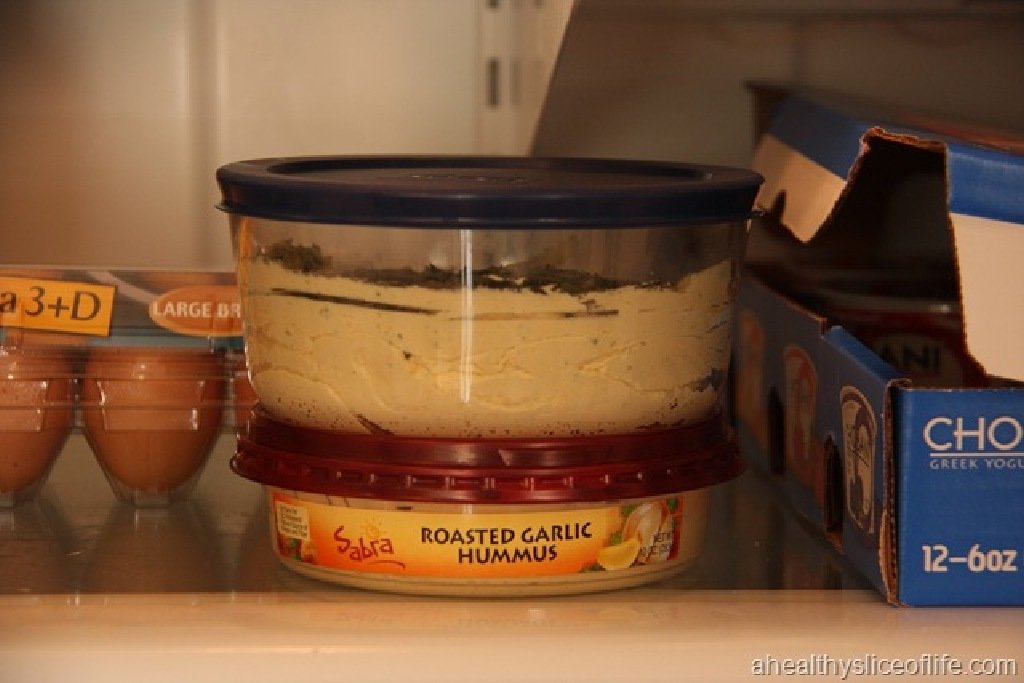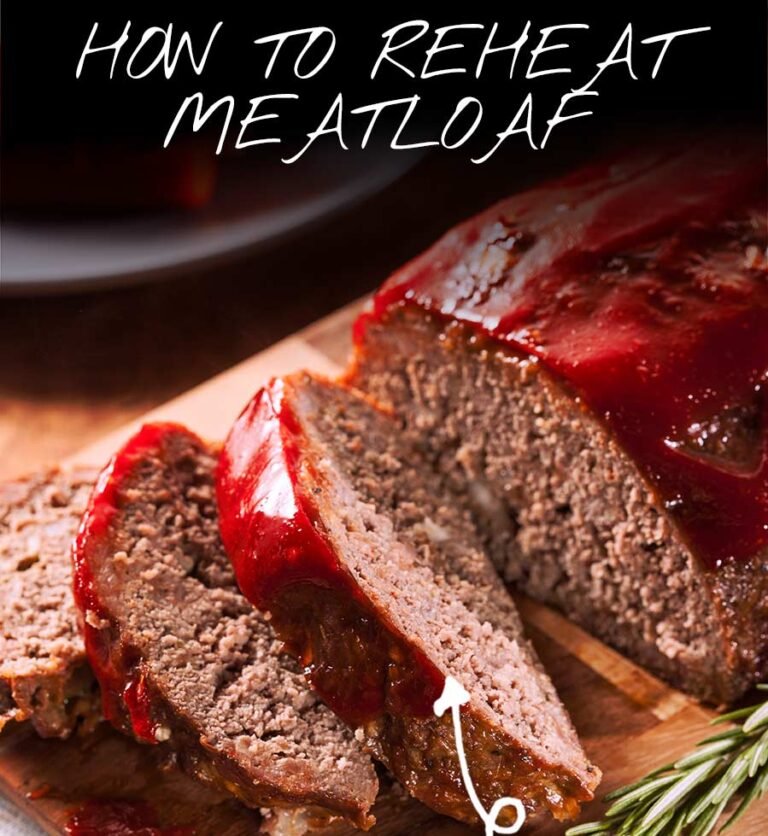Can I Eat Hummus That Was Left Out Overnight? Still Safe to Eat?
Hummus is one of those foods I can never get enough of—creamy, flavorful, and perfect for dipping everything from pita to veggies. Whether homemade or store-bought, it’s a staple in my kitchen. But life gets busy, and sometimes I forget to put things away. More than once, I’ve woken up to a half-eaten container of hummus left sitting on the counter, leading to the inevitable question: Is it still safe to eat?
We all know that certain foods spoil quickly if not refrigerated, but where does hummus fall on that spectrum? Does it have enough preservatives to withstand hours at room temperature, or does it become a breeding ground for bacteria? Food safety rules can feel confusing, especially when different sources give conflicting advice. So, what’s the real deal?
By the end of this article, you’ll have a clear answer on whether hummus left out overnight is safe to eat. Plus, I’ll share expert food storage tips to help you avoid waste while keeping your favorite dip fresh and delicious.
The Science of Hummus

Hummus is more than just a tasty dip—it’s a powerhouse of nutrition with a fascinating blend of ingredients. The main ingredients—chickpeas, tahini, olive oil, lemon juice, and garlic—make a creamy mix and provide important nutrients. Chickpeas provide plant-based protein and fiber, supporting digestion and keeping you full longer. Tahini comes from ground sesame seeds. It adds healthy fats and calcium. Olive oil has heart-friendly monounsaturated fats.
From a nutritional standpoint, hummus is a well-rounded food. A typical serving has protein, fiber, and healthy fats. This makes it a great choice for a balanced diet. It’s also rich in vitamins like folate, which supports cell function, and minerals like iron, which boosts energy levels.
To break it down further, here’s a quick look at hummus’s key nutrients:
| Nutrient | Benefit |
| Protein | Supports muscle repair |
| Fiber | Aids digestion and gut health |
| Healthy fats | Promotes heart health |
| Iron | Boosts energy levels |
With its rich nutritional profile, hummus is both delicious and nourishing—a perfect snack or meal addition!
How Long Can Hummus Safely Sit Out?
Hummus [1] should be included at room temperature for prolonged periods. Generally, hummus can safely sit out for about 4 hours in cooler temperatures (below 70°F or 21°C).
“My family lived off the land and summer evening meals featured baked stuffed tomatoes, potato salad, corn on the cob, fresh shelled peas and homemade ice cream with strawberries from our garden. With no air conditioning in those days, the cool porch was the center of our universe after the scorching days.”
– David Mixner, American Political Activist
However, its safety window shrinks to just 1 hour in warmer environments or during the hotter months.
After these timeframes, bacteria multiply rapidly, increasing the risk of foodborne illness. If you’re unsure about the duration it’s been out, it’s best to discard it to ensure safety.
| Also Read: Can You Eat Chicken Left Out Overnight? |
What Happens to Hummus When It’s Left Out?
- Temperature Fluctuation: Hummus starts to approach room temperature, losing its freshness.
- Bacterial Growth: Harmful bacteria, like salmonella and E. coli, can multiply rapidly.
- Taste Alteration: The flavor can become sour or off due to bacterial activity.
- Texture Changes: It may become more watery or separated.
- Decreased Shelf Life: Its freshness and edibility diminish faster when not refrigerated.
Are There Visible Signs That Hummus Has Spoiled?
- Color Change: Fresh hummus usually has a pale, creamy beige color. It might be off if it starts to darken or exhibits any unusual color variations.
- Mold Growth: Any fuzzy green, white, or black spots indicate mold. It’s best to avoid consuming the hummus if you spot these.
- Separated Layers: A small amount of oil on top is normal. However, if you see clear layer separation or a lot of liquid pooling, it could mean spoilage.
- Off-putting Smell: Fresh hummus has a mild, nutty aroma. A sour or rancid smell indicates that the hummus is no longer suitable.
- Altered Texture: If the smooth consistency turns grainy, clumpy, or overly watery, it might have spoiled.
| Check out: Can Cooked Beans Be Left Out Overnight? |
Is Store-Bought Hummus More Resilient Than Homemade Hummus?
Store-bought hummus usually has preservatives. It’s packaged in controlled settings, so it lasts longer than homemade hummus.
“When it comes to hummus left to the whims of night, better to err on the side of caution than court a midnight plight.”
– Eat Gap Restaurant & Food Advice
Homemade hummus lacks preservatives, so it has a shorter shelf life. It’s also more prone to bacteria and mold [2], especially if not stored correctly. However, this doesn’t necessarily mean store-bought is superior.
Many people prefer homemade hummus for its fresh taste and the ability to control ingredients. No matter where it comes from, good storage and handling are key for keeping hummus safe and fresh.
Safe Storage Practices for Hummus
Keeping hummus fresh requires proper storage to maintain its flavor and safety. The ideal temperature for storing hummus is below 40°F (4°C) in the refrigerator. At room temperature, bacteria can multiply rapidly, making it unsafe to eat after just a few hours. If you’ve made homemade hummus, store it in an airtight container to prevent it from absorbing other food odors.
To extend its freshness, consider these tips:
- Refrigerate promptly: Store hummus immediately after serving.
- Use clean utensils: Avoid dipping directly into the container to prevent contamination.
- Add a layer of olive oil: A thin layer on top can help preserve moisture and freshness.
For longer storage, freezing hummus is an option. Portion it into small airtight containers, leaving some space for expansion. Thaw it in the refrigerator overnight and stir well before serving to restore its creamy texture.
| Read on: Can You Eat Lettuce Be Left Out Overnight? |
What Should I Do If I Ate Hummus That Was Left Out?
If you ate hummus that was left out too long, watch for signs of foodborne illness.
Symptoms include nausea, vomiting, diarrhea, stomach cramps, and fever. If you have any of these symptoms, drink lots of fluids to stay hydrated. Also, talk to a healthcare professional.
Often, food poisoning is self-limiting and will resolve independently, but it’s always best to be cautious and seek medical advice if you’re concerned about your health.
FAQs on Eating Hummus That Was Left Out Overnight
Can you freeze hummus?
Yes, you can freeze hummus. However, the texture might change slightly upon thawing, but it’s still safe to eat and can be refreshed with a quick stir.
Should hummus be served warm or cold?
Hummus is typically served cold. Its creamy texture and delightful flavors shine when chilled, making it an ideal dip for vegetables, pita bread, or as a spread on sandwiches.
Final Thoughts
Perishable foods, like hummus, can spoil quickly at room temperature. This process allows harmful bacteria to grow fast. As a result, the risk of foodborne illnesses goes up.
This scenario is particularly concerning for homemade hummus without preservatives. The warm and moist environment provides an ideal breeding ground for these microorganisms.
Leaving hummus out overnight can be risky. A short time outside the fridge is usually fine, but longer exposure increases the danger. So, while indulging in hummus is delightful, ensuring its safety is equally important.
Following food safety guidelines keeps this creamy dip enjoyable and safe for everyone.
References:
- https://www.bbcgoodfood.com/recipes/hummus
- https://www.genome.gov/genetics-glossary/Bacteria







